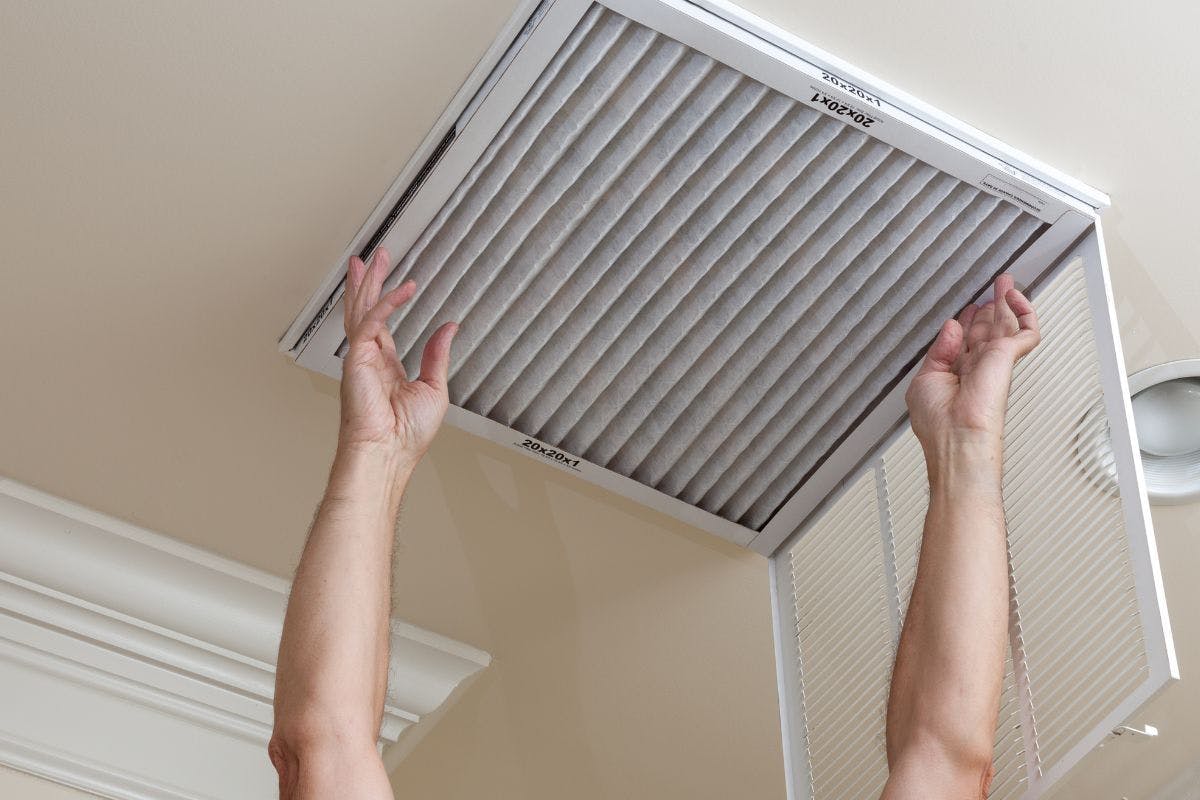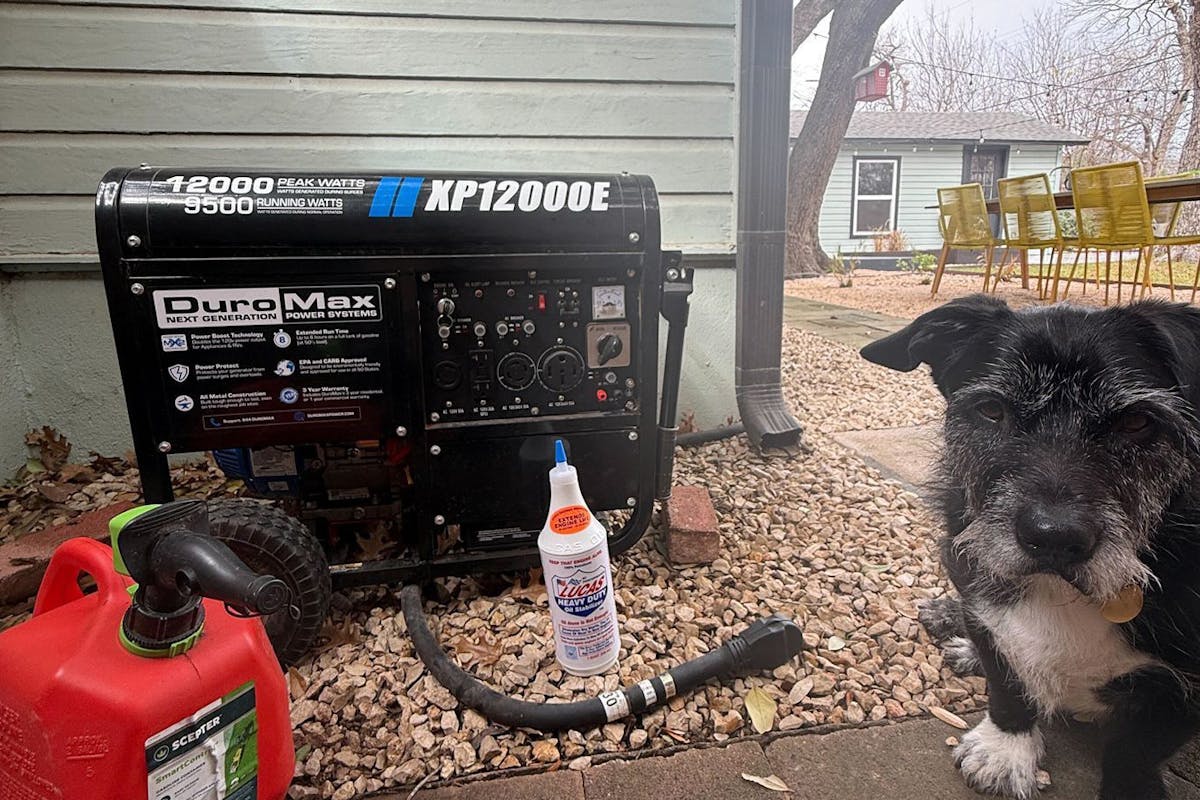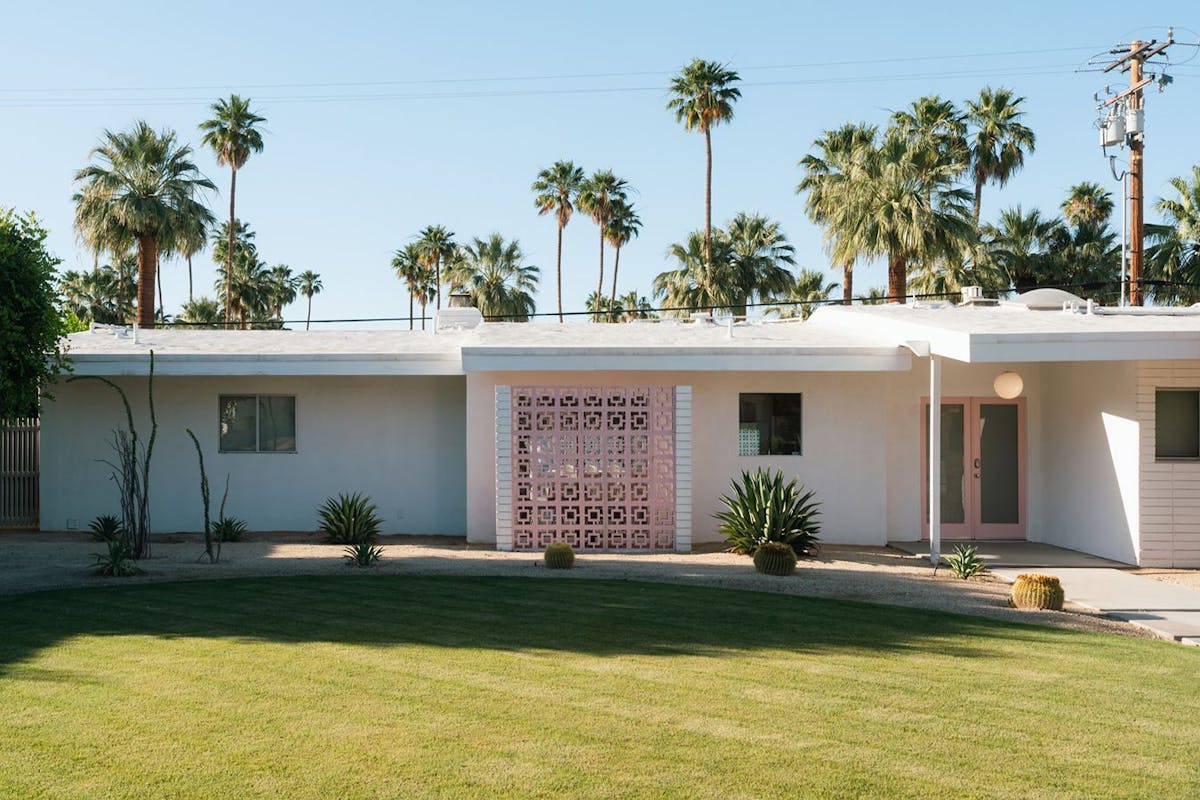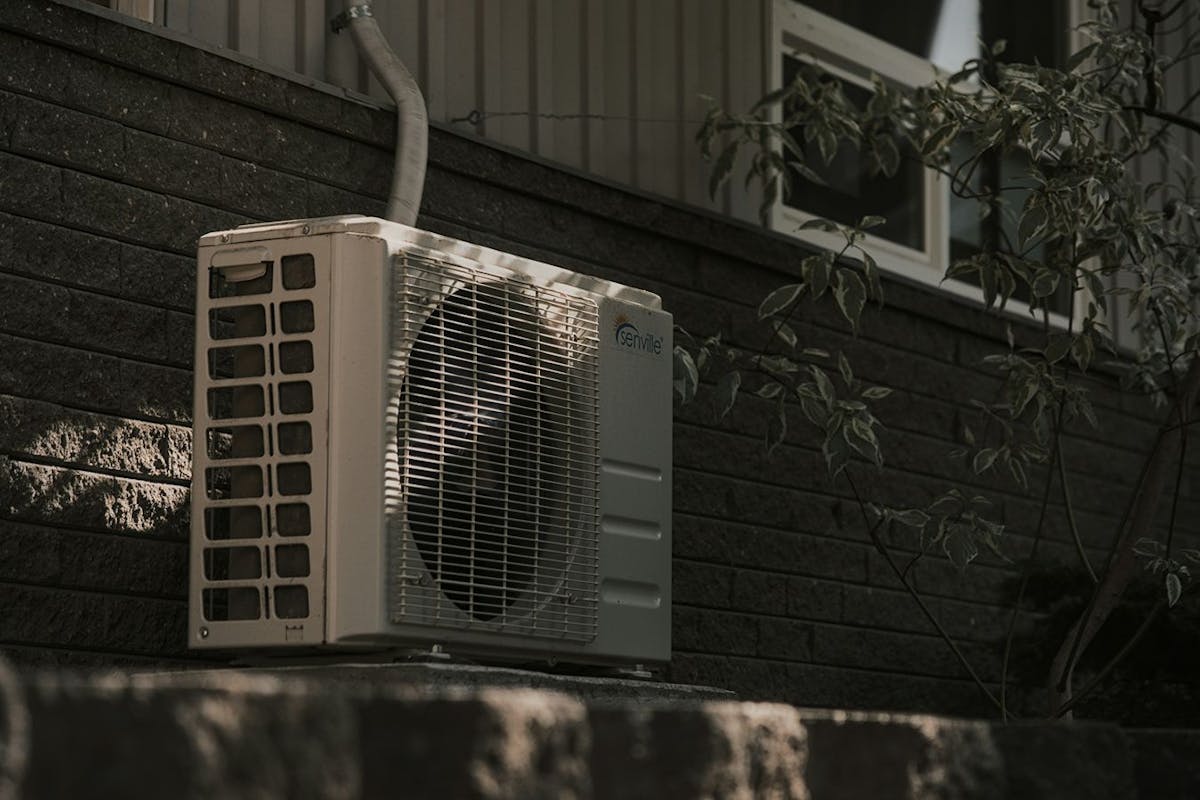Why You Need to Change Your HVAC Air Filters
Last edited
Author
Andrew Blok
Electrification and Solar Writer and Editor
Editor
Andrew Giermak
Solar and Electrification Writer and Editor

Changing your HVAC system’s air filters is an easy task, but easily forgotten. Out of sight, out of mind, right?
Remembering to change them is an easy way to keep your air clean and healthy. It also keeps your HVAC system from working harder or using more energy than it needs to. Here’s how to handle this simple task with a host of benefits.
See how much you can save with a new HVAC system from Palmetto
Why you need to change HVAC filters
Changing your HVAC filters on the recommended schedule has benefits big and small.
Dirty filters put stress and literal pressure on your AC, furnace, or heat pump. HVAC systems are designed to have an unobstructed airflow. Clogged filters make it run harder and can lead to breakdown and repairs far earlier than budgeted for.
As your HVAC runs harder to force air through a dirty filter, it also uses more energy and increases energy bills. The US Department of Energy estimates clean air filters can cut your HVAC system’s energy consumption by up to 15%.
If dust, dirt, and moisture accumulate in your HVAC system or other parts of the house, they could be breeding places for mold, which can be harmful to the health of anyone with allergies, respiratory health problems, or asthma.
Even if it’s not rising to the level of a health concern, changing air filters can improve air quality, remove particles and odors from the air and ensure your HVAC system removes humidity as it’s designed, keeping your home more comfortable.

How often should you change HVAC filters?
Every one to three months is pretty standard advice. If you’re new to your home or just thinking about your HVAC filters for the first time, start by checking them once a month. If the filter looks fairly clean, it’s probably fine to change them every two or three months.
Some common factors can make it a good idea to change them more often. Pet hair, dust, smoke, high heating or cooling use, and outdoor conditions such as pollen, smoke, humidity, and pollution all can shorten the lifespan of home air filters.
See how much you can save with a new HVAC system from Palmetto
How do you change an HVAC filter?
Once you locate your HVAC filter (often near your furnace, heat pump air handler, or in the air return vent) you can change a filter yourself in a few minutes following a few pretty simple steps.
First, make sure you have the right size filter for each vent in your home. Next, turn off the HVAC to ensure it won’t run while you’re working.
- Find the grill cover on the air intake, then open the door.
- Take the old filter out.
- See if there is a lot of dust, lint, pet hair, or other buildup around the frame or between the edges of the filter and the frame. If there is, wipe this down with a gentle cloth or vacuum it using a gentle brush attachment. You may also need to wipe or vacuum the vent cover.
- Identify the direction the air filter needs to be installed. (Most filters have arrows on them to indicate the correct filter airflow direction.)
- Put the new filter in.
- Close the vent and secure the latch.
- Turn on your HVAC system again.
Read more: Smart Vents Guide
How do you buy the right HVAC filter?
Before you head to the hardware store, count how many filters you need and of what sizes. Some common dimensions are 16”x20”x1” or 14”x20”x1” or 16”x25”x1”. Most residential HVAC filters are 1” thick, but you can use 2” thick filters if you have particular needs such as higher concern for allergens or asthmatic triggers, and they fit the air filter slot.
The Minimum Efficiency Removal Value (MERV) is a measurement of the size of particles a filter captures. The higher the value — from 1 to 16 — the higher the level of filtration. Filters with MERV 5-8 are fine for most homes. MERV 9-12 is used in larger residential and commercial properties. MERV 13-16 is used in settings such as hospitals. Larger, thicker, and higher-MERV filters typically cost more.
If you have specific needs you can use higher-MERV filters. For people with asthma and allergy triggers and for filtering out airborne particulates overall, mold included, the National Institute of Health recommends using HVAC filters with a MERV rating of 12 or higher in home ventilation systems.
Air filters in portable and window air conditioners
Portable ACs or window AC units also have air filters. The recommended period for changing filters depends a great deal on how often you’re running it.
For portable and window air conditioners, it’s recommended to check the filter twice a month, if you’re using it steadily, and change it when needed. Some appliances have reusable filters that should be checked and cleaned according to the manufacturer’s recommendation. As always, the more you use it and the dirtier the air, the more often you’ll need to clean it.
Looking for other ways to reduce your home energy use or just reduce your home energy usage? See how an updated HVAC system, rooftop solar panels, or other home energy upgrades could impact your energy bills by exploring Palmetto’s Savings Maximizer.
See how much you can save with a new HVAC system from Palmetto
Frequently asked questions
Can you change your HVAC air filter yourself?
Yes. It typically takes just a few minutes to change your HVAC air filters. It’s a good idea to clean or vacuum any built-up dust or dirt in or along the sides of vents or air returns while replacing filters.
What happens if you don’t change your air filter?
Dirty air filters can put extra strain on your HVAC system resulting in a lower lifespan or more frequent repairs. Dirty filters also don’t work as well, so your home’s air quality can suffer, too.
Where can I buy air filters?
You can buy HVAC air filters in store or online. If you are looking for specialized sizes and higher-MERV filters, you may need to go to a specialty store. In general though, grocery stores, big box stores, home improvement stores, HVAC-focused stores, and more sell filters. You might also be able to get them regularly delivered through a subscription service.
What are smart air filters?
Smart air filters have sensors that can alert you when your filter needs to be replaced and, depending on the features and your settings, have one automatically shipped to your home.


